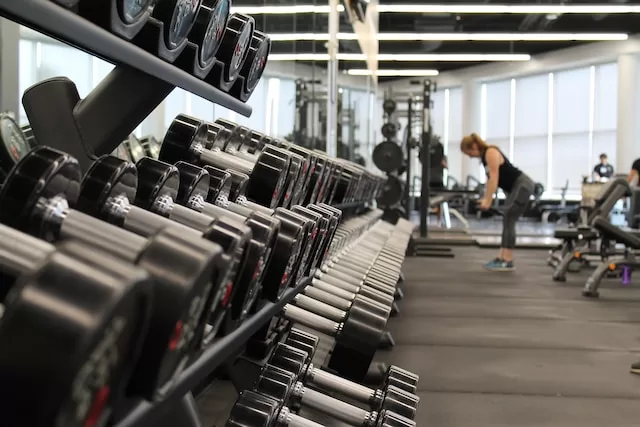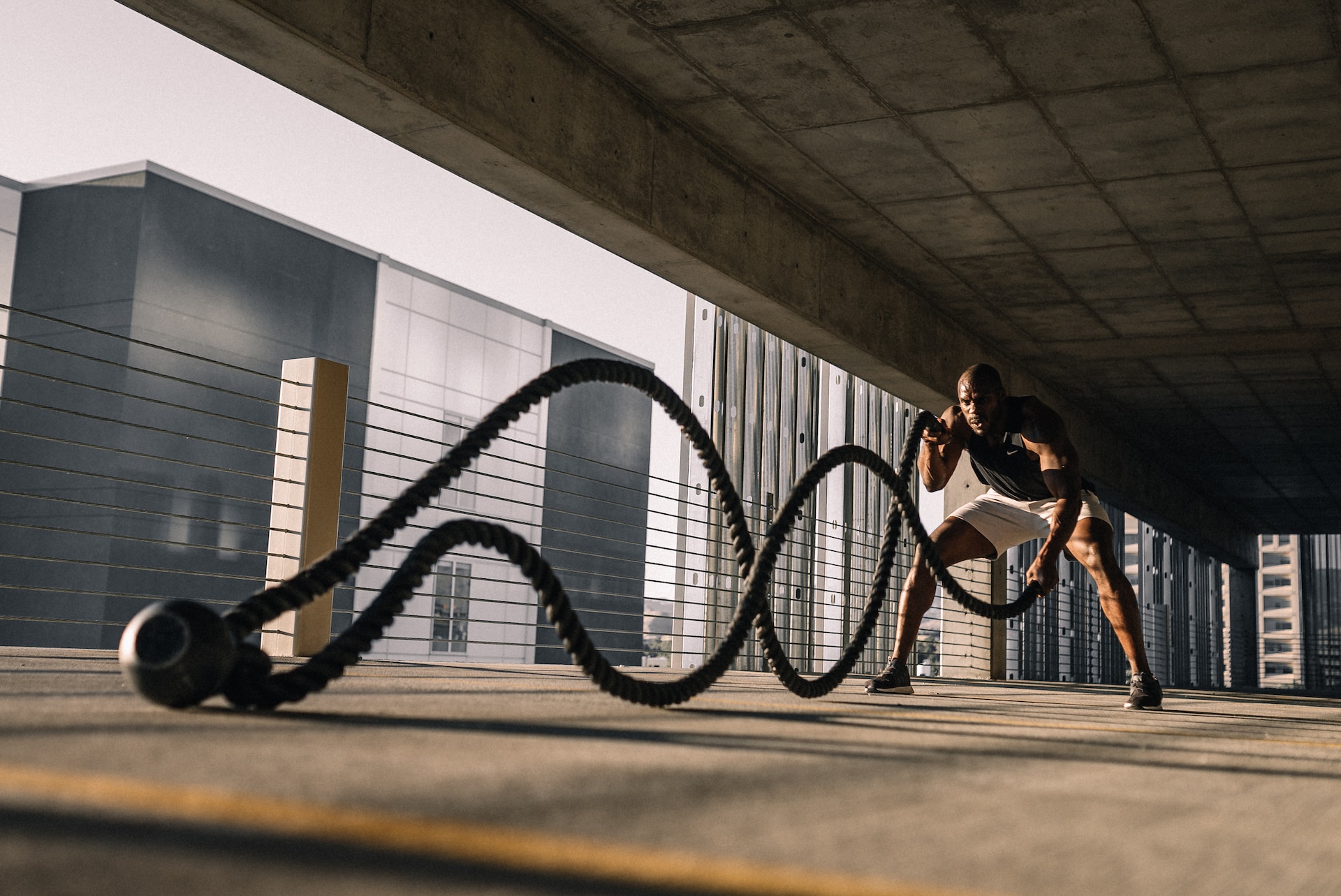
As athletes, we dedicate countless hours to honing our skills, perfecting our techniques, and pushing our physical limits. But in our relentless pursuit of athletic excellence, there’s a vital component that often goes unnoticed – sleep. Beyond the weights, tracks, and courts, the realm of slumber holds the key to unlocking our true potential, both in terms of health and athletic performance.
The Science Behind the Sheets
Sleep isn’t just a period of rest; it’s a complex physiological process that rejuvenates our bodies and minds. During sleep, our bodies engage in repair and recovery, healing tissue damage and rebuilding muscles. This restorative process is particularly crucial for athletes, as intense training sessions cause micro-tears in muscles, which require sufficient sleep to mend and grow stronger.
Muscle Magic: The Role of Sleep in Recovery
For an athlete, recovery isn’t just downtime – it’s the secret weapon that ensures progress. Quality sleep promotes the release of growth hormone, which stimulates muscle repair and aids in the conversion of nutrients into muscle tissue. Moreover, sleep enhances the production of proteins that facilitate muscle recovery, enabling us to hit the gym or field with renewed vigor.
Mental Fortitude and Focus
Physical prowess is only part of the equation; mental agility is equally critical in achieving success in sports. Sleep plays a pivotal role in cognitive function and emotional well-being. When we sleep, our brains consolidate memories, process information, and recharge cognitive functions. This translates to improved decision-making, reaction time, and the ability to stay focused during high-pressure situations.
The Hormonal Harmony
Beyond muscles and minds, sleep profoundly impacts our hormonal balance. Sleep deprivation disrupts the delicate equilibrium of hormones responsible for appetite regulation, leading to increased cravings for unhealthy foods. This can sabotage even the most disciplined athlete’s nutrition plan. Furthermore, inadequate sleep interferes with insulin sensitivity, which affects how efficiently our bodies process sugars and nutrients.
Strategies for Sleep Optimization
Getting adequate sleep requires deliberate effort, especially in the demanding world of athletics. Establishing a consistent sleep schedule, creating a relaxing bedtime routine, and optimizing sleep environment can greatly enhance sleep quality. Minimizing screen time before bed and avoiding caffeine close to bedtime are other crucial steps to ensure restful sleep.
A Winning Edge: Prioritizing Sleep
Athletic excellence isn’t attained solely on the field; it’s the result of a holistic approach that includes sleep as a foundational pillar. Sleep fuels the body, sharpens the mind, and amplifies the benefits of training. It’s not a luxury; it’s a necessity.
So, athletes, let’s embrace the power of sleep as a formidable ally in our journey to victory. Let’s recognize that the hours spent beneath the covers are just as important as the hours spent in the gym. By honoring the restorative magic of sleep, we give ourselves the ultimate edge – the power to perform at our very best, both in health and on the field.
Resources
- Sleep and Athletes
- Sleep, Athletic Performance, and Recovery
- Sleep and Athletic Performance
- Books below











